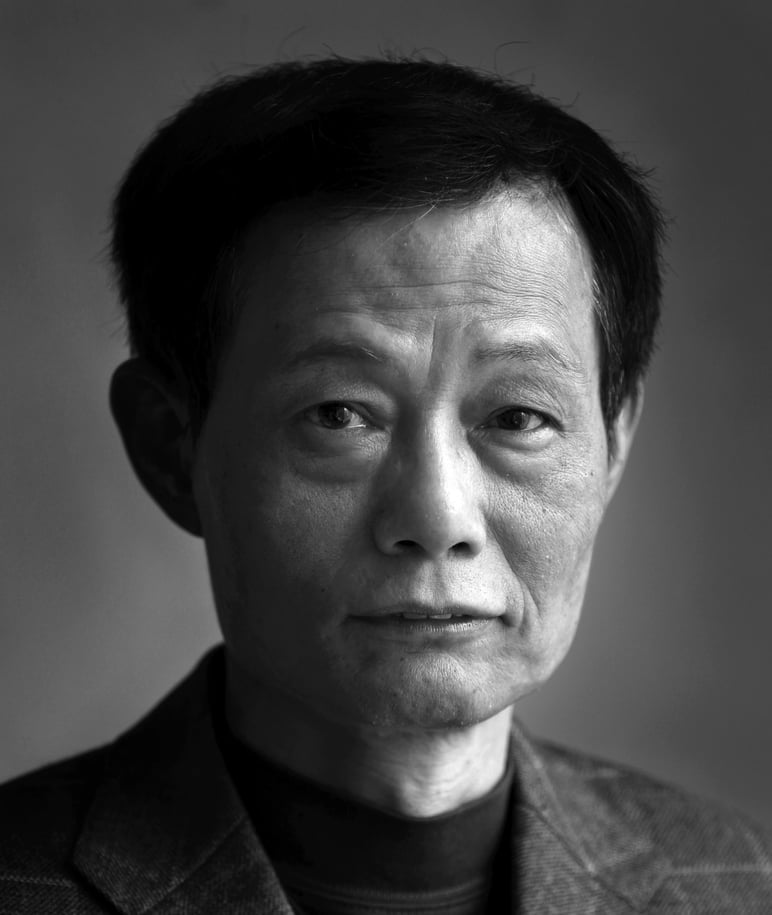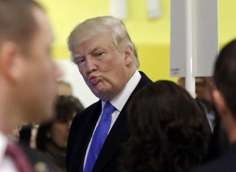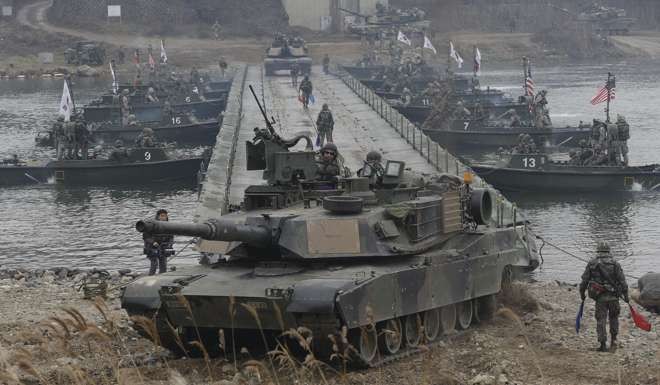
Trump’s era may bring China more bad news than good
Cary Huang says while Beijing may cheer the likely demise of the US pivot to Asia, the loss of a stabilising force in the region could spur a destructive arms race no one wants
On the surface, China has reason to be pleased with Donald Trump’s election as US president, based on the billionaire’s campaign rhetoric. But, to what extent will his words translate into actions that will really redraw the geopolitical landscape in Asia, in favour of China’s interest?
Even assuming he will walk the walk, not just talk the talk, Beijing may in the end find that his policy changes contain at least as many risks as benefits.
The most obvious blow a Trump presidency can deal to Beijing’s interest is his opposition to the forces of globalisation that propelled China’s economic rise. But by the same token, China could benefit greatly if he does carry out his promise to kill President Barack Obama’s two main diplomatic legacies – the US “pivot to Asia”, and the Trans-Pacific Partnership, a massive trade pact involving the US and 11 other Pacific Rim countries. Beijing sees both policies as part of a larger plan to “contain” China’s rise.
How Trump might actually build on Obama’s US foreign policy legacy

Under Donald Trump, the US will accept China’s rise – as long as it doesn’t challenge the status quo
Beijing might welcome Trump’s promise of a more isolationist stance and his apparent willingness to give up long-standing US strategy in Asia, which might help China fulfil its newfound ambition for regional supremacy.
If Trump makes good on his campaign rhetoric, we will see several dramatic changes in Asia.
First, he will weaken the security glue that has held together the US and its regional allies – Japan and South Korea in particular – for more than 60 years. In campaign remarks, Trump has hinted that his “America first” mantra could mean the withdrawal of 47,000 US troops from Japan and another 28,500 in South Korea.

Third, the US will pay less attention to the maritime disputes between China and its neighbours in the South and East China seas.
So far, so good. However, a closer look at the Trump doctrine makes clear the negative consequences may be as big as the positive ones. First, it will destabilise East Asia’s precarious balance of power. Since the end of the second world war, the US Navy, with its 10 aircraft carrier strike groups, has been the greatest source of stability in the region, a crucial contributing factor to East Asia’s economic miracle. A US withdrawal will create a strategic vacuum that can hardly be filled by any single nation, not China, Japan, India or Australia.

Trump, trade and the US pivot to Asia: what lies ahead?
Second, a US military withdrawal could spur a destructive regional arms race. Its stronger regional allies such as Japan, South Korea, Taiwan and Australia, as well as the militarily weaker countries of Malaysia, Indonesia, Vietnam and the Philippines, will be scrambling to bolster their self-defences.
Third, Japan could rearm itself, and this would be the last scenario Beijing wants to see, given the tensions between the two rivals for regional influence and dominance.
And, finally, the worst-case scenario is for Japan and South Korea to acquire their own nuclear deterrent, which would deal a devastating blow to efforts to preserve the nuclear non-proliferation regime.
Trump’s shock victory has created unpredictability and vast uncertainties, which is likely to do more harm than good to China’s interest. An unstable region reeking of gunpowder is the last thing China needs for its development.
Cary Huang is a senior writer at the Post

